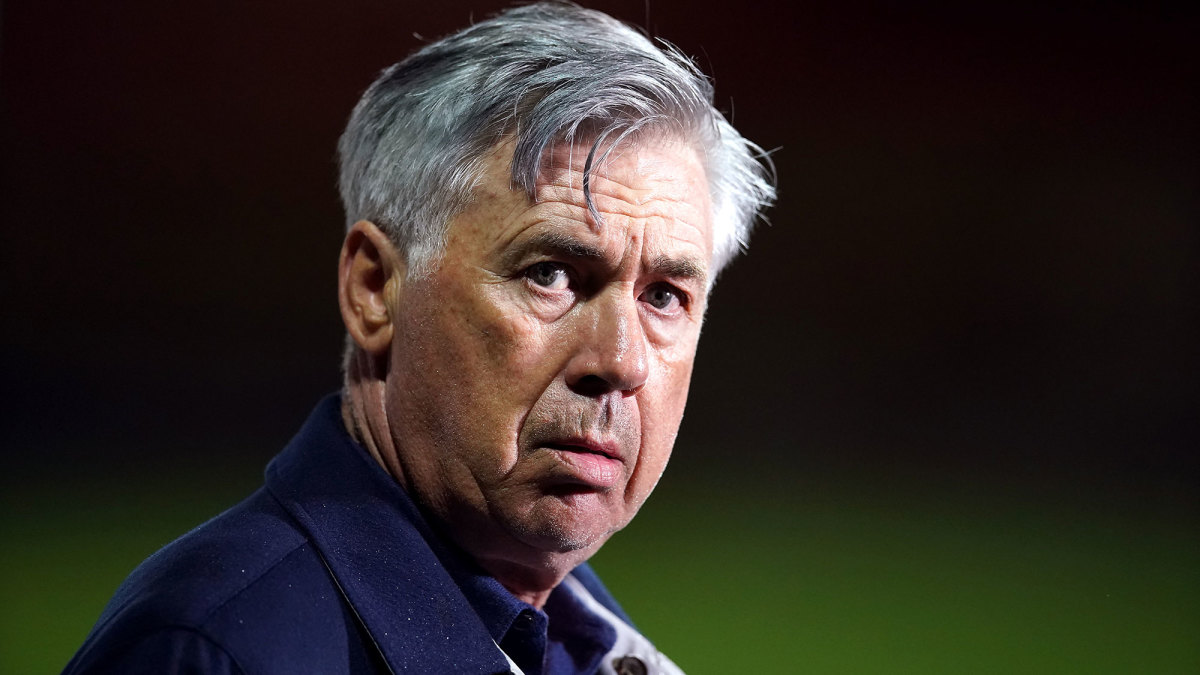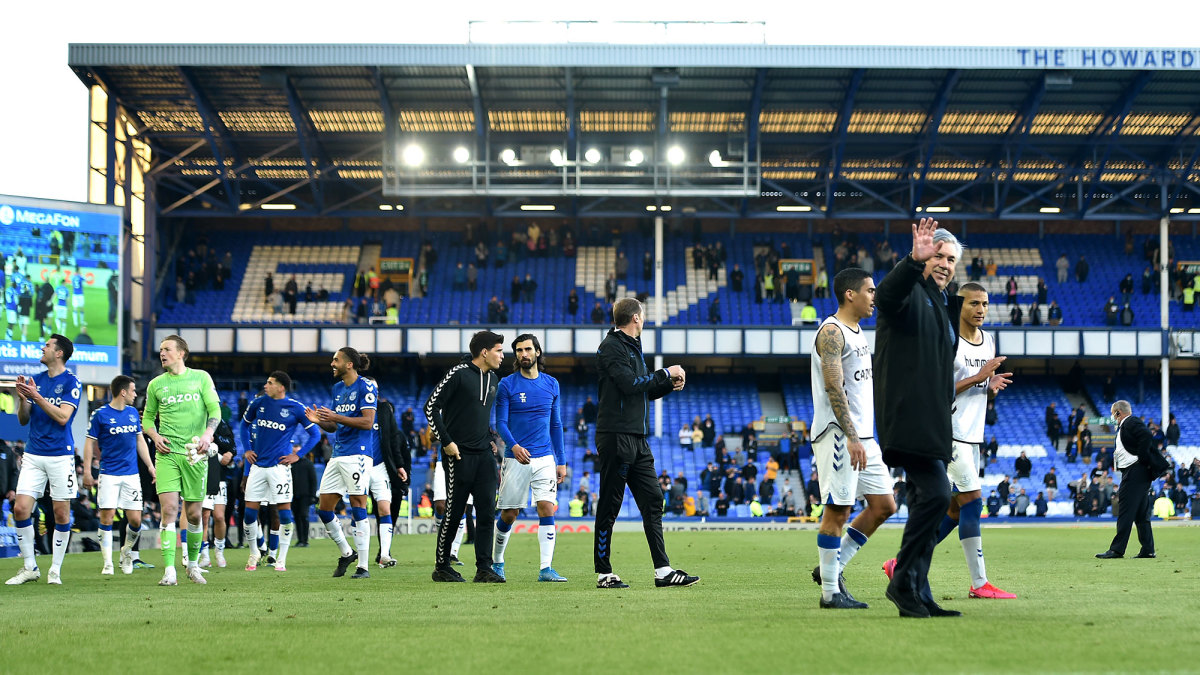The Curious Logic Behind Real Madrid's Reappointment of Carlo Ancelotti

"Why did you sack Carlo Ancelotti?" Real Madrid president Florentino Pérez was asked upon firing the Italian manager six years ago.
“I don’t know,” he replied, which seemed to say as much as anything ever has about his way of running the club—and in many ways can be applied to the question of why he's brought him back as Zinedine Zidane's successor.
Ancelotti’s greatest gift as a coach, perhaps, is his equanimity. He, probably more than anybody else in the modern game, has proved himself able to cope with the egos of superstar players and directors. He has no great philosophical doctrine that demands to be practiced. He is a laid-back pragmatist, adept at handling the politics of big clubs and at getting on with big-name stars. That is both a strength, as his three Champions League titles between two clubs and league titles in four countries attest, and also a weakness. He lacks the obsessive drive of a Pep Guardiola or an Antonio Conte, and a record of four league titles in a quarter-century career that has taken him to some of the biggest clubs in the world is perhaps not as impressive as it ought to be.
The sense has developed with him that he is a great man for keeping a club ticking over. He will not ruffle feathers. He will not look to impose himself. But he is not somebody with the energy to enact a major overhaul. That was why he always seemed like a slightly odd appointment at Everton and, after early promise, it sunk back to finish 10th, having taken just 22 points at home last season. Much of the football it played, especially in the second half of the season as the influence of James Rodríguez (an Ancelotti favorite who has spent his life following the coach around Europe) waned, has been deeply tedious. He’s probably fortunate that Goodison Park was empty all season or disapproval may have been obvious.

And that also makes him an odd fit for the present version of Real Madrid. From a purely footballing perspective, there probably hasn’t been as inauspicious a time to become Real Madrid manager in 70 years. This is a club massively in debt, with an enormous wage bill, packed with aging stars and young talents who have not yet made it. The much-vaunted policy of a couple of years ago of signing young Spanish talent has failed to the extent that for the first time ever there is not a single Madrid player in the Spain squad for a major tournament. It’s been a long time since Ancelotti successfully rebuilt a squad. Even at Parma, he was effectively building on the work of Nevio Scala.
And then there's the matter of the Super League, for which Real Madrid is presently still an active proponent, but for which Ancelotti has shown to be a vehement opponent.
"For every supporter of football it was a strange day, a surprise," Ancelotti said at the time of the failed launch. "We heard about the Super League in the past few months, but I was sure it was not going to happen. What can I say? They were wrong. These 12 clubs were wrong. They did not take into consideration the opinions of the players, managers or supporters.
"The most important part, they wanted to build up a competition without sporting merit," he continued. "This is not acceptable. Our culture, we are born married to our sport. They were wrong, full stop."
That in itself puts him in direct opposition to Pérez's continued mission.
As for Ancelotti's time at Everton, the generous way to look at it is to acknowledge that the rebuild there was always going to be a three- or four-year process. As performances dwindled in the second half of the season, he had spoken of the lack of technical quality in the squad. It was an open secret that Everton this summer was looking for a rapid winger, an accomplished right back and a midfielder with pace. It may be that with those three players, a new Everton can thrive.

But it’s not at all clear who will come in. Everton was taken by surprise by Ancelotti’s departure, given that just weeks earlier he’d spoken against the proposed Super League and of how much he enjoyed the community feel of the club. Everton owner Farhad Moshiri was willing to pay Ancelotti around $15 million a year. If he still feels the need for a big-name manager to give Everton additional credibility, it may be worth him sounding out Conte. More realistically, there could be a return for David Moyes after his rehabilitation at West Ham. Nuno Espírito Santo and Eddie Howe are also both available. A more ambitious move could be to try to lure Ajax’s Erik ten Hag.
Whoever is appointed will become Everton’s sixth manager in five years. Not since Roberto Martínez has any manager completed two full seasons at Goodison Park. The sense of insecurity is a huge part of what has held the club back. Yet with a new stadium on the horizon and solid financial backing, there is at least a future to build toward.
The terms are relative, of course, but for Madrid it’s very difficult to have any such optimism. Zidane quit saying he didn’t feel a manager would be supported through the rebuilding process. This is a major test of Ancelotti’s political skills.
More Soccer Coverage:
